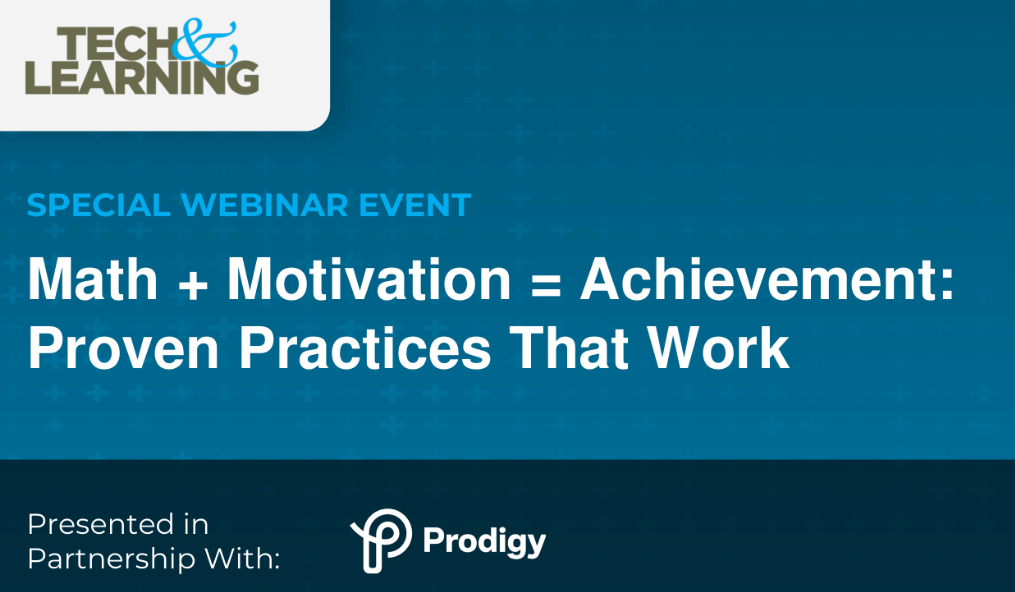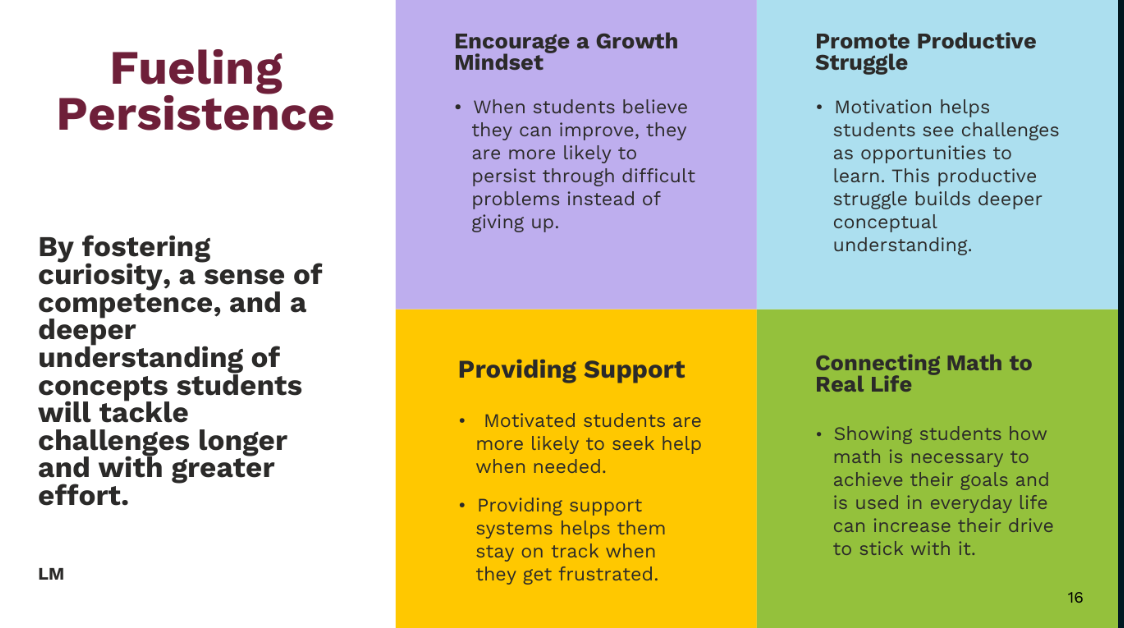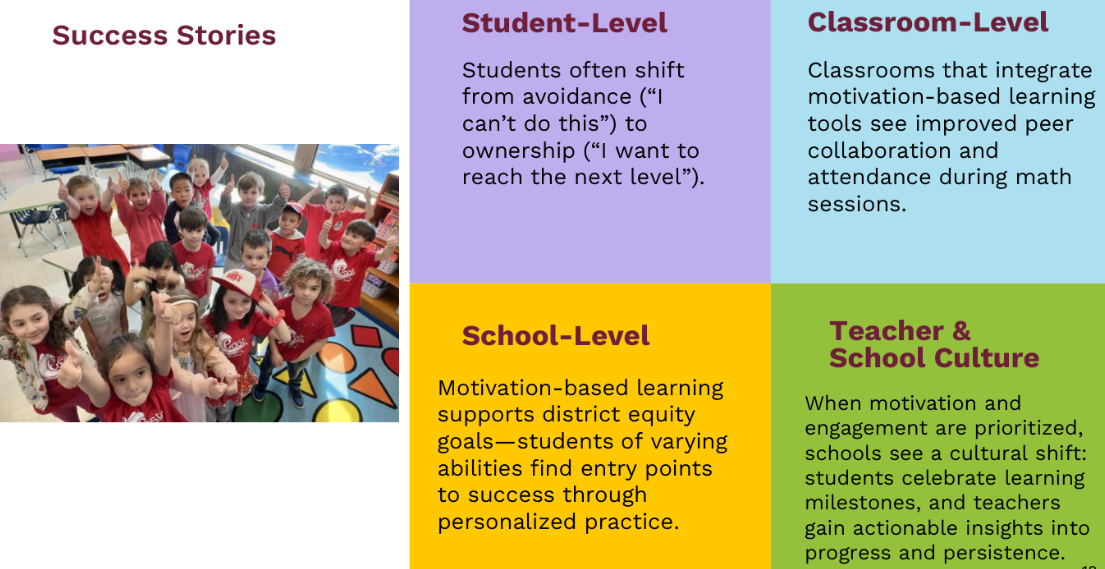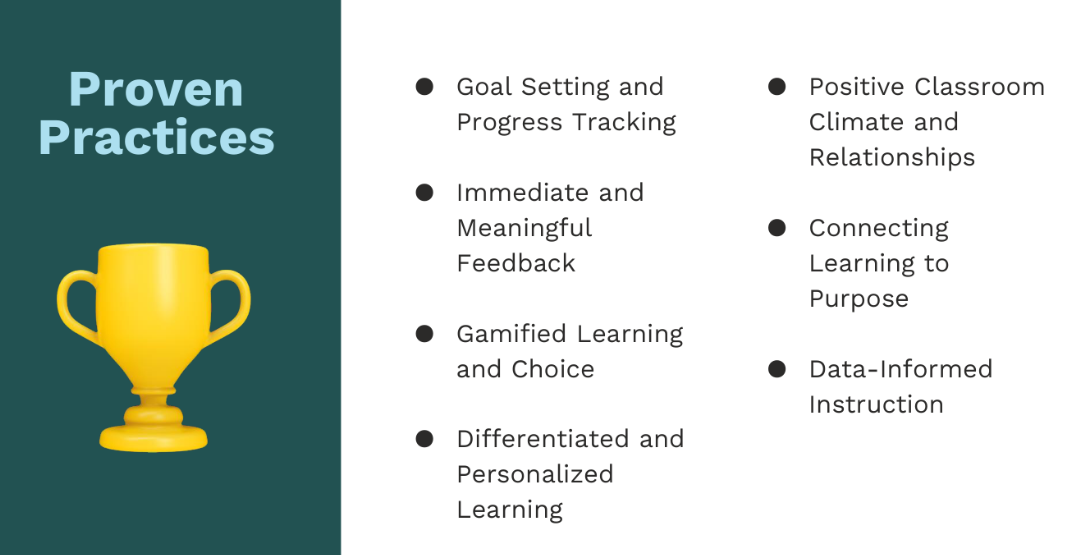Math + Motivation = Achievement: Proven Practices That Work
During a recent Tech & Learning webinar with Prodigy Education, attendees learned how to boost math achievement through proven practices

Achievement in math doesn't happen without motivation—and the most successful districts know how to combine the two.
During this recent webinar, hosted by Christine Weiser, Tech & Learning Content Director, and featuring Cassandra Haines-Riiska, Educator Success Specialist for Prodigy Education and Edward Courtney, an elementary teacher for Long Beach Public Schools in New York, as well as content from Lisa Marceau, Director of Curriculum and Instruction for North Adams Schools in Massachusetts (who could not attend), attendees heard real-world examples of how creating fun, engaging math experiences drives student persistence, improves outcomes, and helps close achievement gaps.
Whether your district is looking to accelerate learning, improve equity, or simply help students enjoy math again, the discussion provided practical, research-informed approaches to explore how math plus motivation adds up to lasting achievement for every student.
As Marceau shared by proxy, “The struggle IS the learning.”
The Indispensable Link: Motivation Fuels Achievement
A central theme of the webinar was that math achievement is inextricably tied to student motivation. The most successful districts understand this connection and actively work to combine the two.
“Motivation comes in so many different shapes and colors,” said Courtney, emphasizing the importance of finding joy in learning, meeting students where they are, and celebrating every success, no matter how small. He noted that shifting negative feelings into positive ones can instantly change a student's day and motivate them to persist.
Tools and ideas to transform education. Sign up below.
When students are curious, challenged, or seeking recognition, they are more likely to push through difficulties. Intrinsic motivation, the desire to learn for learning's sake, leads to deeper engagement, long-term achievement, and eventually mastery. Motivated learners view mistakes as opportunities for growth rather than failures, fostering a resilient mindset.
Engagement, particularly through interactive and game-based platforms such as Prodigy, builds momentum by making learning feel like progress and enjoyment. This leads to more frequent practice, greater focus, and boosts both academic and social skills. Ultimately, motivation leads to measurable performance gains, with research consistently showing that motivated students often outperform or catch up to their peers, even those with different starting proficiencies.
Cultivating Math Motivation: Strategies from the Field
Lisa Marceau's experience further illustrated the power of motivation. Faced with students lacking the drive to tackle challenging math problems, her mission was to reframe math as a "superpower" fueled by curiosity and motivation. Her district aimed to instill ownership over learning, observing that motivated students put more effort into difficult problems, engaged in math discourse, and collaborated more with classmates. Incorporating digital games was key to fostering deeper, interactive learning and demonstrating that math can be fun, leading to improved achievement and scores.

Key tips for fueling persistence include:
- Encouraging a Growth Mindset: Teaching students to believe in their ability to grow builds confidence and persistence.
- Embracing Productive Struggle: Helping students understand that struggle is an integral part of learning deepens conceptual understanding.
- Providing Support: Teachers and coaches must provide clear guidance on where and how students can seek help, building a supportive culture.
- Connecting Math to Real Life: Demonstrating the real-world relevance of math helps students see its necessity for achieving their goals.
Success Stories: From Individuals to Districts

“There's no victory that's too small of a victory,” said Courtney. “Even just one problem correct will really make a difference and it will really stand out with the student. It could make or break their entire day." He shared how a second-grader struggling with basic math facts who, through daily engagement with Prodigy and targeted assignments, improved her fluency by 20% in six weeks. This demonstrated the impact of consistent practice and the platform's built-in rewards.
At the classroom level, Courtney observed improved peer collaboration and increased attendance across grades K-5 when motivation-based learning tools were integrated. Teachers reported increased engagement and participation, with one fourth-grade class seeing participation jump from 60% to 100%. Courtney's personal journey from a "terrible math student" to someone who now loves teaching it underscores the transformative power of making math fun, engaging, and accessible.
On a school and district level, Edward's school in Long Beach, New York, implemented Prodigy during a period of budget constraints and potential closure. The students' motivation to keep their school open, fueled by the Prodigy State Challenge, led them to become state champions multiple times over. This collective goal fostered a strong sense of community and celebrated learning milestones, creating a positive school culture that continues to thrive.
Lisa Marceau's district also saw remarkable success, with 95% of their K-6 staff attending Prodigy training, including non-math teachers. This "top-down" approach ensured a common language and district-wide support for the initiative. Her school became the Massachusetts champion for the heroic tier, answering nearly 30,000 questions in a single month.
Scaling Proven Practices

Scaling these practices involves:
- Building a Culture of Growth: Encouraging a growth mindset and celebrating progress school-wide.
- Integrating into Curriculum: Embedding math games and competitions directly into lessons, rather than treating them as "extras."
- Monitoring and Sharing Data: Tracking student engagement alongside achievement and sharing results with students to foster motivation.
- Quality Professional Development: Providing hands-on workshops, peer collaboration opportunities, and tech training for staff, with continuous support.
- High Expectations and Useful Resources: Setting high expectations for all students and staff, and providing the resources they need to succeed.
By prioritizing motivation, celebrating effort, providing targeted support, and leveraging engaging tools such as Prodigy, educators can transform math learning into a joyful and achievable experience for every student.
Ray Bendici is the Managing Editor of Tech & Learning and Tech & Learning University. He is an award-winning journalist/editor, with more than 20 years of experience, including a specific focus on education.
